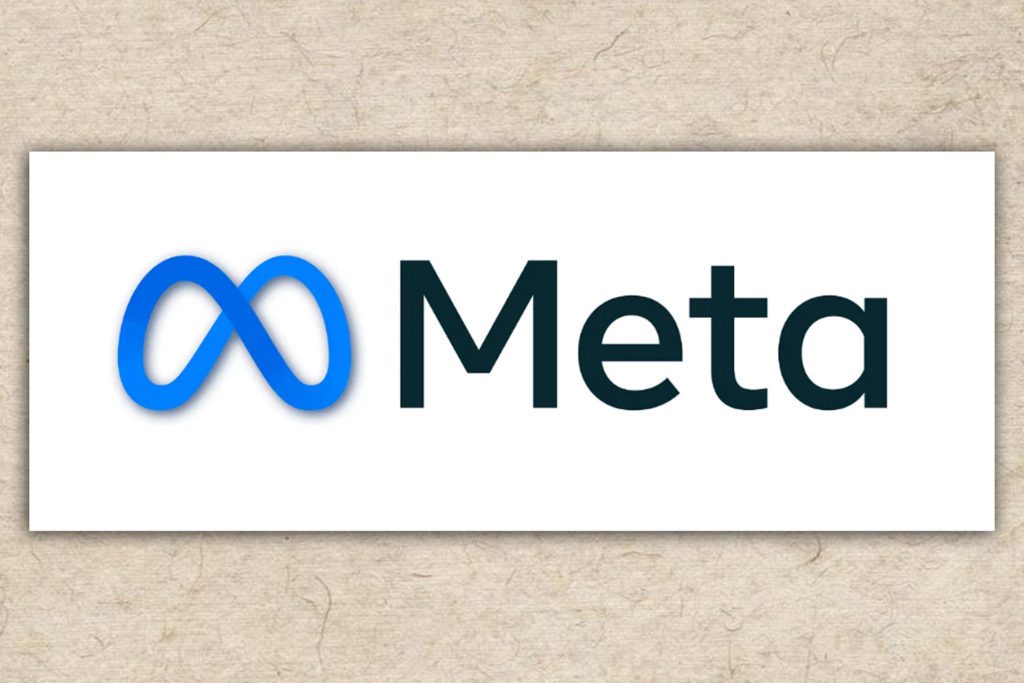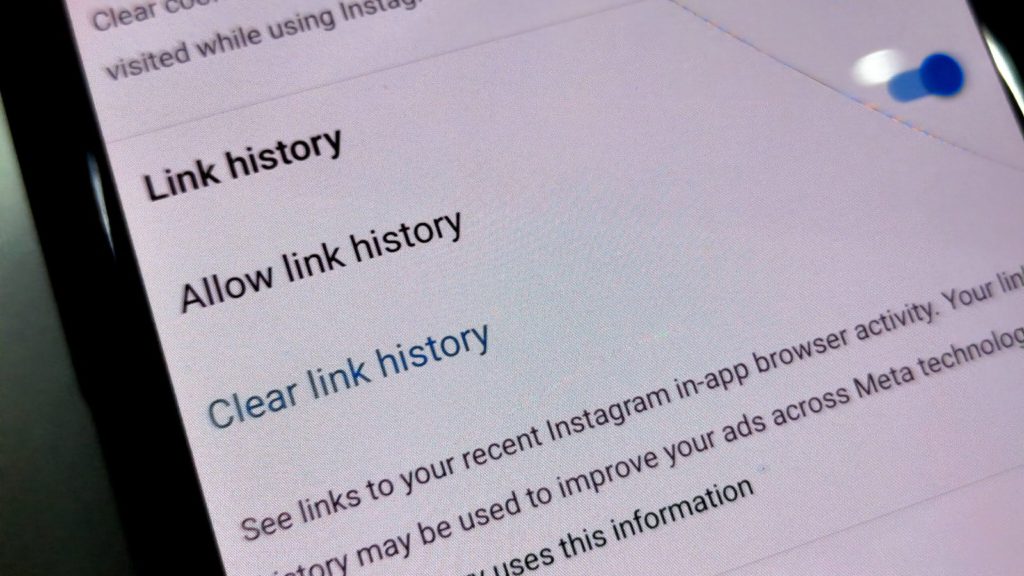- Meta has introduced a new “Link History” feature on its Facebook app.
- This feature stores links clicked by users for future reference but can be disabled.
- Activating Link History allows users to view a compilation of links from the past 30 days, potentially aiding in ad personalisation.
Meta’s Latest Feature
Meta, the parent company of Facebook, has announced a new feature called “Link History” within its Facebook app. This feature aims to address a common issue faced by users – the loss of website links accessed through the Facebook app. However, the introduction of this feature has sparked discussions about user privacy and data tracking.

Understanding Link History
The Link History feature works by storing links that users click on while using the in-app browser. Once activated, users can access a compilation of links they’ve viewed over the past 30 days. While this can be a convenient way for users to revisit websites they’ve explored, questions arise about the extent of data tracking beyond the in-app browser.
Privacy Concerns and User Control
One notable aspect of Link History is the user’s ability to disable the feature. By toggling it off, users can prevent Meta from retaining information about their clicked links. This move comes amidst growing concerns about online privacy and data collection practices by tech companies.

Ad Personalisation and Data Utilisation
Meta acknowledges that enabling Link History not only allows users to revisit their browsing history but also empowers the company to utilise this information for personalised advertising. The extent to which user data is employed for tailoring advertisements is a point of interest and raises questions about the balance between user convenience and data privacy.
Also Read: AI Over Employees? Duolingo Fires 10% Of Its Workforce
Unanswered Questions
Despite the clarity on what Link History stores within the in-app browser, there remains ambiguity about whether Meta continues to track users once they navigate away from the app and enter external websites. The lack of transparency on this aspect raises concerns about the scope of data collection and the potential implications for user privacy.

As Meta introduces features like Link History to enhance user experience, the company faces the challenge of striking a balance between providing valuable services and safeguarding user privacy. The evolving landscape of data privacy regulations and user expectations will likely influence how Meta refines and communicates the functionalities of such features in the future.


